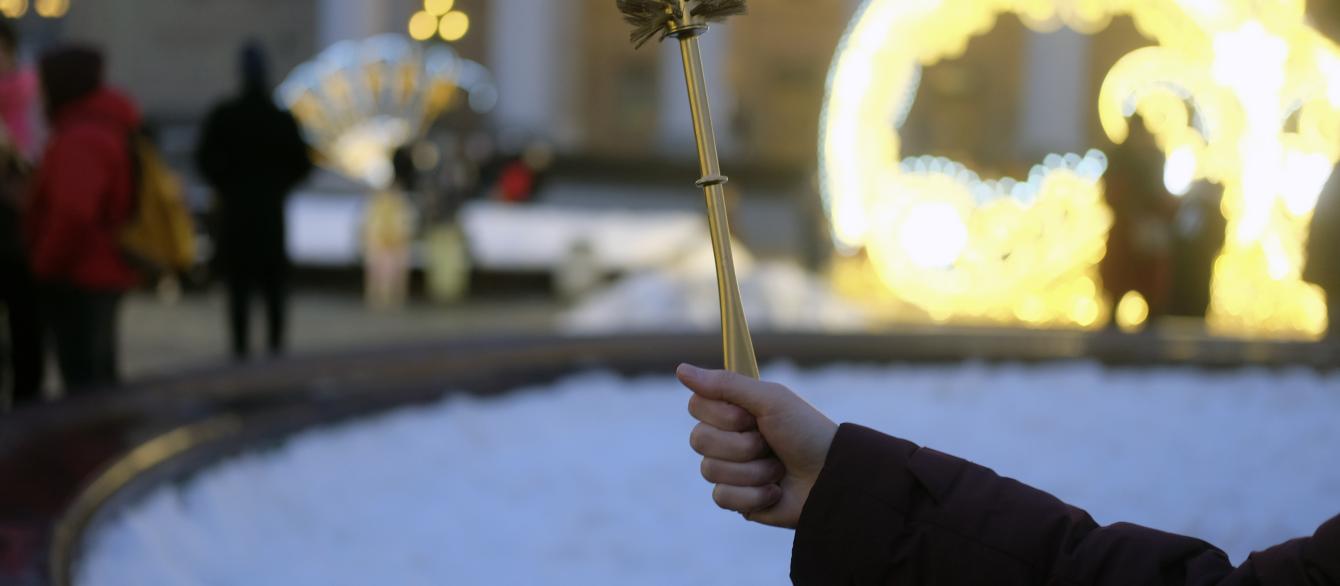After a botched attempt to poison Alexei Navalny in August 2020, the Kremlin decided to sentence him to over two years in prison upon the oppositionist's return to Russia in January. Navalny responded with a bombshell video about the corruption around "Putin's Palace." Unsanctioned mass protests filled the two capitals and tens of provincial cities followed. The protesters were met with mass indiscriminate arrests and police violence. The political ante in this back-and-forth has certainly risen—but to what end?
Russia has experienced the ebbs and flows of protest on the federal and local level for years. And while each eruption quickly elicits a sense that Russia is at a turning point, more cautious and sober assessments follow in the weeks and months after. So, is what we're now seeing something new or more of the same? What do the protests suggest about Russian society, politics, and the state of Putin's power—especially as Russia will hold parliamentary elections in September?
Sponsorship
Co-sponsored by the Davis Center; the Center for Russian, East European, and Eurasian Studies, University Center for International Studies, University of Pittsburgh; and Russia Matters, Harvard University.
Accessibility
The Davis Center for Russian and Eurasian Studies at Harvard University encourages persons with disabilities to participate in its programs and activities. If you anticipate needing any type of accommodation or have questions about the physical access provided, please contact us at 617-495-4037 or daviscenter@fas.harvard.edu in advance of your participation or visit. Requests for Sign Language interpreters and/or CART providers should be made at least two weeks in advance if possible. Please note that the Davis Center will make every effort to secure services but that services are subject to availability.




